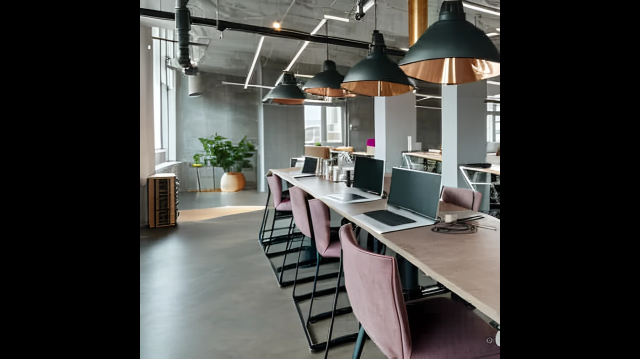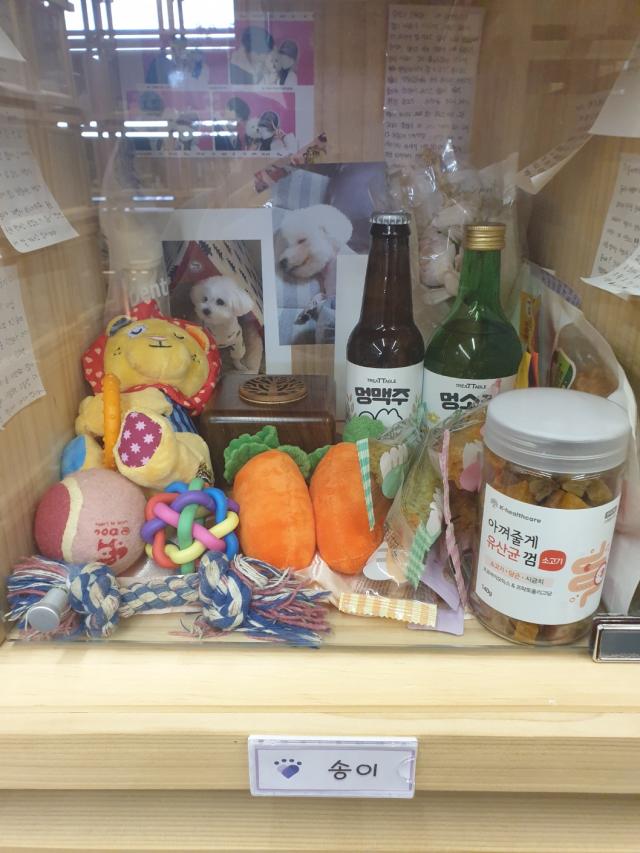
According to data released by the startup ministry, there were some three million startups in operation as of 2020. 22 percent of startups were technology-based, meaning that they were manufacturers and intellectual property (IP)-related businesses. 22 percent of startups were comprised of workers aged less than 30 while 77.9 percent were comprised of middle-aged and elderly workers.
The startup industry recorded sales of about 988.5 trillion won ($728 billion) in 2020. Startups had an average asset of about 500 million won and the average profit ratio was 7.9 percent. A survey of 900 startup operators, startup workers, corporate workers, and job seekers, conducted by a South Korean startup alliance, showed that startup operators rated the country's atmosphere in the venture and startup industry as 53.7 points out of 100, citing investors' and government's negative attitude towards making investments in startups.
A survey of 259 startup companies, conducted by the Korea Chamber of Commerce and Industry (KORCHAM), showed that South Korean startups are suffering from a lack of investment and increased operating costs in 2023. 40.2 percent of startups said that their operating environment is worse than in 2022.
60.6 percent said that the sluggish domestic market is the main reason for the poor startup environment and 37.5 percent said that the worsened startup investment environment was the main reason for the slump. 37.5 percent said that three highs -- high interest rates, high consumer prices, and high currency rates -- caused the slump.
Copyright ⓒ Aju Press All rights reserved.





View more comments